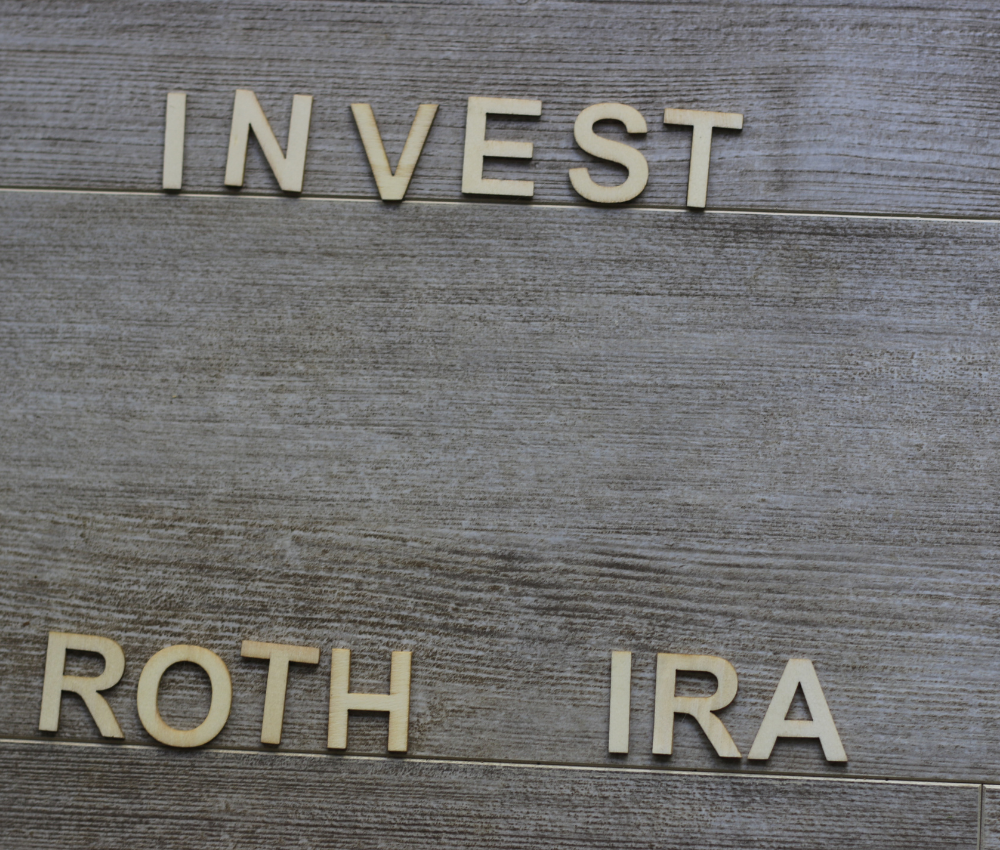
As you navigate the vast landscape of retirement savings, the path to building a robust financial future presents numerous options. Your goal, much like many others, is likely centered around growing your nest egg to secure a comfortable retirement. Let Keel Financial guide you through the complexities of retirement planning, providing you with personalized insights and a touch of experience to help you make informed decisions.
Traditional IRA vs. Roth IRA: Know the Distinctions
Understanding the variances between a Traditional IRA and a Roth IRA is pivotal in shaping your retirement strategy. Contributions to a Traditional IRA typically offer tax deductions in the year they are made, providing immediate tax benefits. On the contrary, while Roth IRA contributions do not yield upfront tax advantages, withdrawals during retirement are tax-free, adding a valuable dimension to your financial planning.
For many investors, optimizing tax benefits is a core consideration. Striving to minimize tax liabilities during peak taxation periods forms a strategic approach towards securing a financially stable future. By assessing your current financial standing and projecting your retirement income, you empower yourself to make well-informed decisions tailored to your unique circumstances.
The Argument for a Traditional IRA
Certain investors lean towards a Traditional IRA for several reasons. Seeking to reduce total tax liabilities during high taxation phases and anticipating a shift to a lower tax bracket in retirement, they find solace in the tax-deductible contributions. This immediate tax relief proves advantageous, especially for individuals earning more during their working years than they anticipate receiving in retirement.
Customizing Your Retirement Plan
When selecting the IRA that aligns best with your financial goals, a personalized approach is key. Evaluating your financial situation and long-term retirement aspirations is crucial. Delve into the tax implications of your retirement income; if you foresee a decline in your top tax bracket rate post-retirement, the tax deductions from a Traditional IRA may outweigh the tax-free withdrawals of a Roth IRA.
Additionally, factors such as potential variations in tax brackets and the evolving landscape of government programs, such as Social Security, can impact your retirement strategy. It is essential to anticipate these changes and their potential effects on your retirement income and tax responsibilities.
Navigating the Choice with Keel Financial Partners
The deliberation between Traditional IRAs and Roth IRAs transcends mere personal preference, shaping itself around individual financial circumstances and long-term retirement aspirations. While a Roth IRA may resonate with some investors, others may find the advantages of a Traditional IRA better suited for managing tax obligations and maximizing retirement savings.
At the heart of any retirement savings strategy lies the quest to magnify the size of your future nest egg. The decision between a Traditional IRA and a Roth IRA plays a significant role in attaining this objective. As you chart your course toward a financially secure retirement, remember that Keel Financial is here to be your steadfast guide in navigating the intricacies of retirement planning. Our dedicated team is here to provide you with tailored insights and knowledge to empower you in making informed decisions that align with your unique financial goals. We’re happy to answer any questions–contact us today.
Disclosures
The content in this material is for general information only and are not intended to provide specific advice or recommendations for any individual.
This information is not intended to be a substitute for individualized tax advice. We suggest that you discuss your specific tax situation with a qualified tax advisor.
Securities offered through LPL Financial, Member FINRA/SIPC. Investment Advice offered through Winthrop Wealth, a Registered Investment Advisor. Keel Financial Partners and Winthrop Wealth are separate entities from LPL Financial.
A Roth IRA offers tax deferral on any earnings in the account. Qualified withdrawals of earnings from the account are tax-free. Withdrawals of earnings prior to age 59 ½ or prior to the account being opened for 5 years, whichever is later, may result in a 10% IRS penalty tax. Limitations and restrictions may apply.
Contributions to a traditional IRA may be tax deductible in the contribution year, with current income tax due at withdrawal. Withdrawals prior to age 59 ½ may result in a 10% IRS penalty tax in addition to current income tax.

